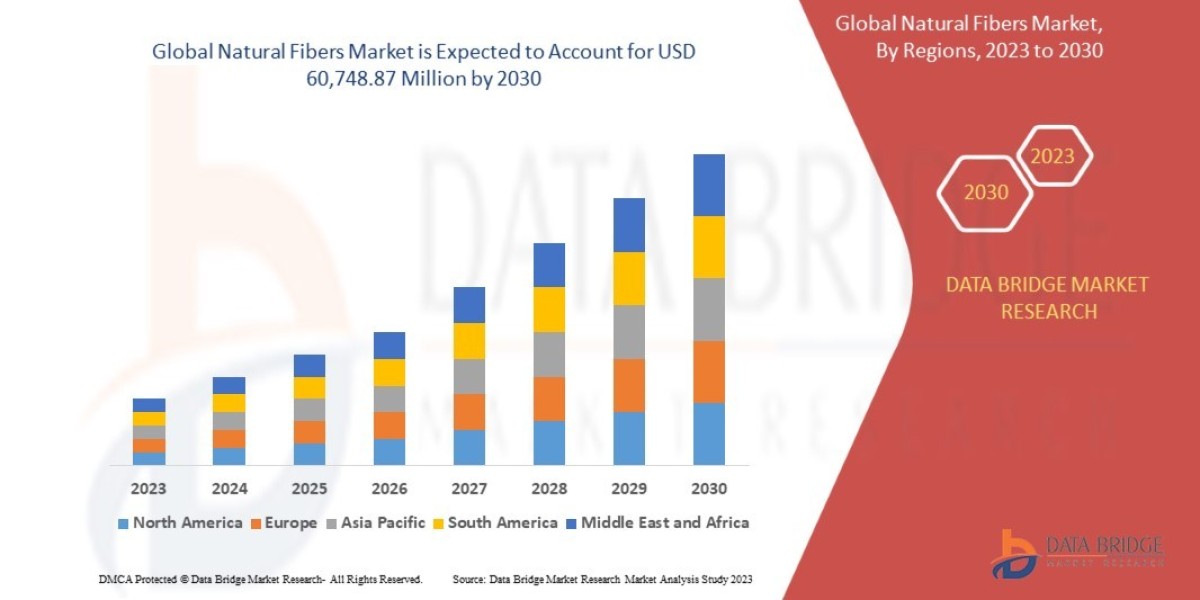Refinancing a home loan can be a financially savvy move for homeowners looking to reduce their monthly mortgage payments, secure a lower interest rate, or access their home's equity for other financial needs. However, it's essential to understand that refinancing is not without its costs. In this article, we'll delve into the various expenses associated with refinancing a home loan so that you can make an informed decision.
Application Fee
When you apply to refinance your mortgage, lenders typically charge an application fee. This fee covers the administrative costs of processing your application, conducting credit checks, and verifying your financial information. Application fees can vary widely among lenders, so it's essential to inquire about this cost upfront.
Loan Origination Fee
A loan origination fee, also known as an underwriting fee, is charged by the lender for the evaluation and processing of your loan application. This fee is usually a percentage of the total loan amount, often around 0.5% to 1%. It's crucial to negotiate this fee with your lender, as it can significantly impact the overall cost of refinancing.
Appraisal Fees
To determine the current market value of your home, your lender will typically require a professional appraisal. Appraisal fees vary depending on your location and the size and complexity of your property. On average, you can expect to pay a few hundred dollars for this service.
Credit Report and Application Fees
Lenders may also charge fees for obtaining your credit report and processing your application. These fees are typically nominal, but they can add to the overall cost of refinancing. Some lenders may offer to waive these fees as part of a promotion or to remain competitive.
Title Search and Title Insurance
A title search fee is incurred to ensure that there are no liens or legal issues associated with your property's title. Additionally, lenders may require you to purchase title insurance to protect against any unforeseen title disputes. These costs can vary based on the location of your property and the insurance policy's coverage.
Closing Costs
Closing costs are a significant expense in the refinancing process and typically include fees for various services, such as attorney fees, document preparation, notary services, and more. These costs can range from 2% to 5% of the loan amount, so it's crucial to obtain a detailed estimate of closing costs from your lender.
Prepayment Penalties
Before refinancing, it's essential to review your existing mortgage agreement for any prepayment penalties. Some lenders charge fees if you pay off your mortgage early or refinance within a certain timeframe. Ensure you understand these terms to determine if the cost of refinancing outweighs potential penalties.
Points
Points, also known as discount points or origination points, are fees paid upfront to reduce your mortgage interest rate. Each point typically costs 1% of the loan amount and can lower your interest rate by a predetermined percentage. Deciding whether to pay points depends on your long-term financial goals and how long you plan to stay in your home.
Private Mortgage Insurance (PMI) Costs
If your original mortgage required private mortgage insurance (PMI) and you haven't reached the necessary loan-to-value ratio, you may continue to pay PMI after refinancing. This additional expense should be factored into your cost analysis.
Homeowner's Insurance and Property Taxes
Your homeowner's insurance and property taxes are typically included in your monthly mortgage payment. When refinancing, your lender may require you to pay these costs upfront, which can increase your closing expenses.
Miscellaneous Costs
Lastly, there may be miscellaneous costs associated with refinancing, such as courier fees, document recording fees, or wire transfer fees. While these expenses are usually smaller, they can add up, so it's essential to review your closing statement carefully.
It's important to note that some lenders may offer "no-closing-cost" refinancing options. While these can be attractive, they often come with a higher interest rate or may involve rolling the closing costs into the loan amount, potentially increasing your long-term expenses. It's crucial to compare the total costs of these options to those of traditional refinancing to determine which is more financially advantageous for your situation.
For More Info:-
Refinancing Investment Property Loans
Refinancing Home Loan For Renovations









